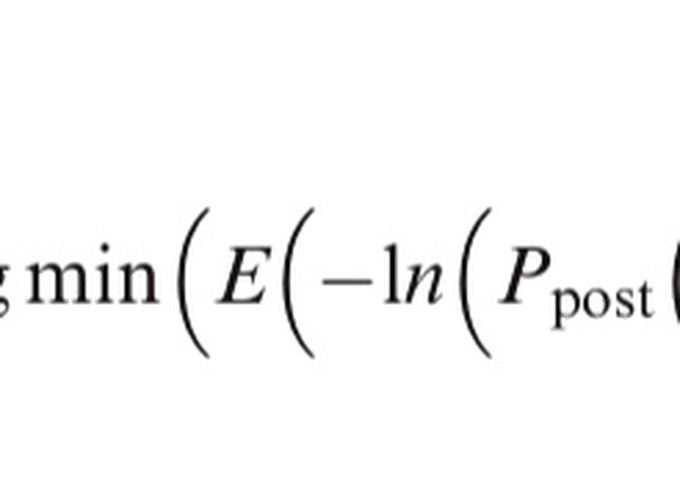Abstract
International Large Scale Assessments have been producing data about educational attainment for over 60 years. More recently however, these assessments as tests have become digitally and computationally complex and increasingly rely on the calculative work performed by algorithms. In this article I first consider the coordination of relations between the human and non-human agents that perform the day-to-day tasks of data production used in economic and educational policymaking and practice. I examine the calculative agencies of an assemblage of algorithms encoded in the testing software for the Programme for the International Assessment of Adult Competencies. These algorithms perform the sampling, sorting, scoring, and result prediction of test takers and items during digital assessment events. Second, I examine the role of psychometric practices and educational testing theories, and in particular, Item Response Theory, in the work of sorting and detaching situated practices into equivalence spaces that they can be manipulated and transformed by into calculable entities. Combined with digital assessment technologies, the probabilistic statistical techniques used by Item Response Theory are able to produce digital data such as test scores capable of transforming situated literacy practices into psychological constructs that can then be classified and rendered calculable. This reinforces the calculative agency of tests as well as a consensus about the legitimacy and necessity of the testing technologies as the dominant way to produce educational data.
